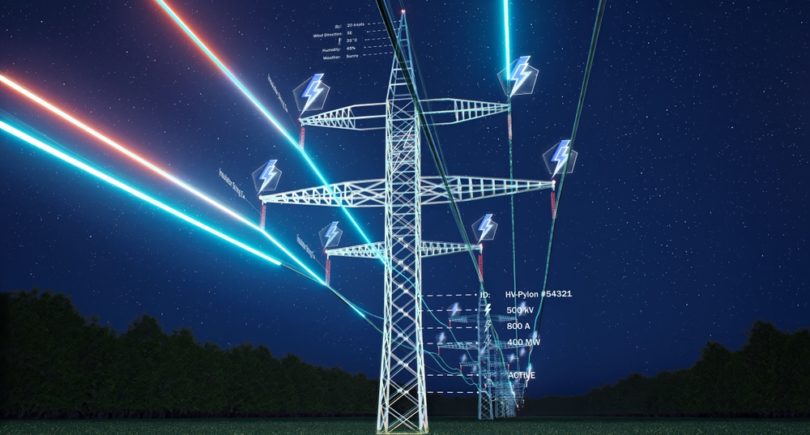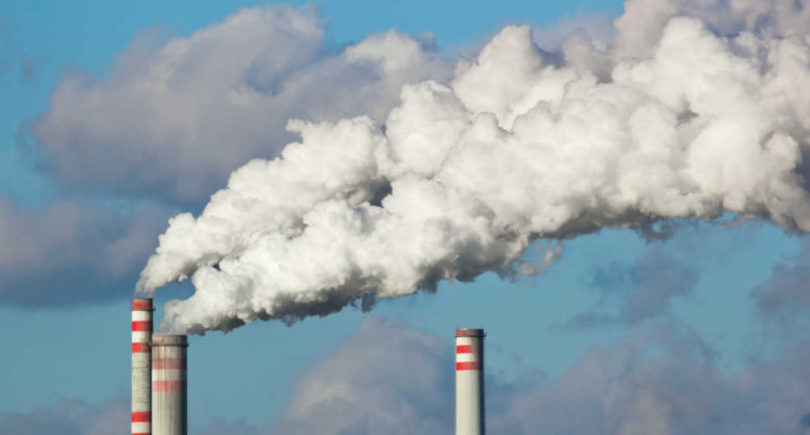
News Green steel EUROFER 1380 03 November 2022
The EU aims to reduce net carbon emissions by 55% by 2030
The European Steel Association (EUROFER) and the European Aluminum trade association have joined other sectors in calling for a phased-in carbon tax on imports. Fastmarkets reports about it.
The EU aims to reduce net carbon emissions by 55% by 2030. The European Parliament has proposed some new rules as part of the goal. These include changes to the Emissions Trading System (ETS) and a new levy under the Carbon Import Adjustment Mechanism (CBAM).
The European Commission explained that the rules will require importers, starting in 2026, to buy certificates, the value of which will be based on the weekly average price of carbon emission permits’ auctions in the European Union.
In a joint statement last week, representatives of the five emissions-intensive sectors said that while the ETS and CBAM are key elements needed to move towards climate neutrality in their industries, the targets must be met in a “sustainable and socially just way”. As it is explained, a cautious approach is needed to phase out the free allocation of carbon allowances, as the new mechanism still needs to be tested. The transition period between 2023 and 2025 is not a true trial period, as importers will not pay the CBAM levy during this time.
In addition, a rapid phase-out of free carbon allocations would lead to risks for EU industry, which is already severely affected by energy prices, and potentially reduce investment in future decarbonisation projects.
The representatives of the sectors recalled the current challenges for the industry – the rapid increase in the cost of energy, inflation, the shortage of raw materials and the costs of carbon emissions. This has already led to unprecedented idle capacity, in particular, to a reduction in steel production by approximately 10%.
As GMK Center reported earlier,European producers have secured the continuation of free CO2 permits under the Emissions Trading Scheme (ETS) after 2030. Representatives of the European steel industry and a committee of the European Parliament have agreed that the issuance of such permits will last at least two more years, until 2032.




